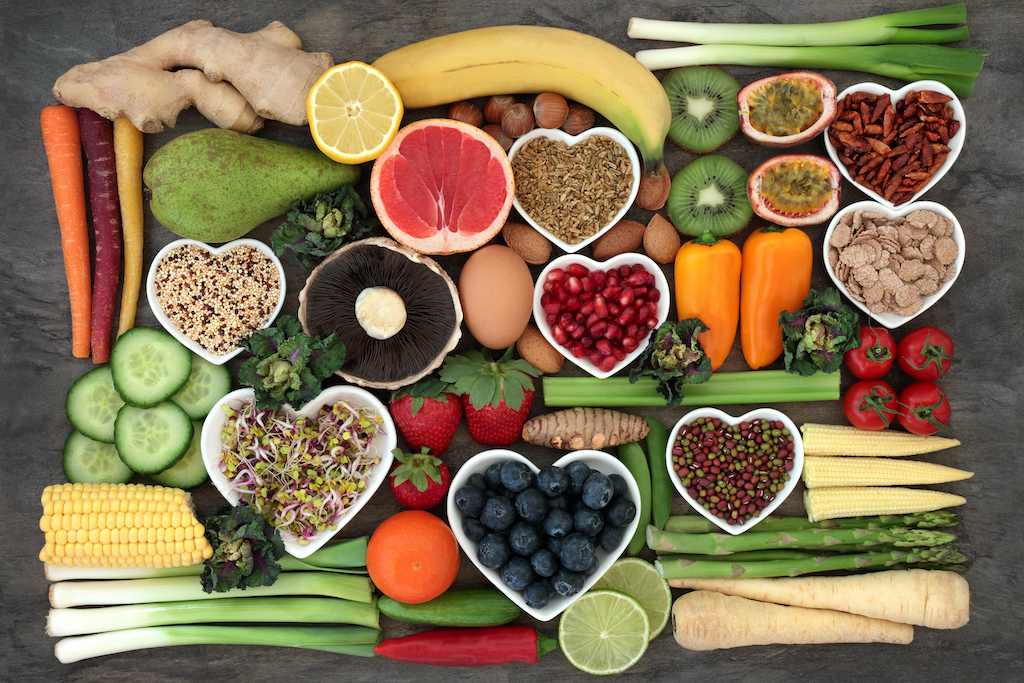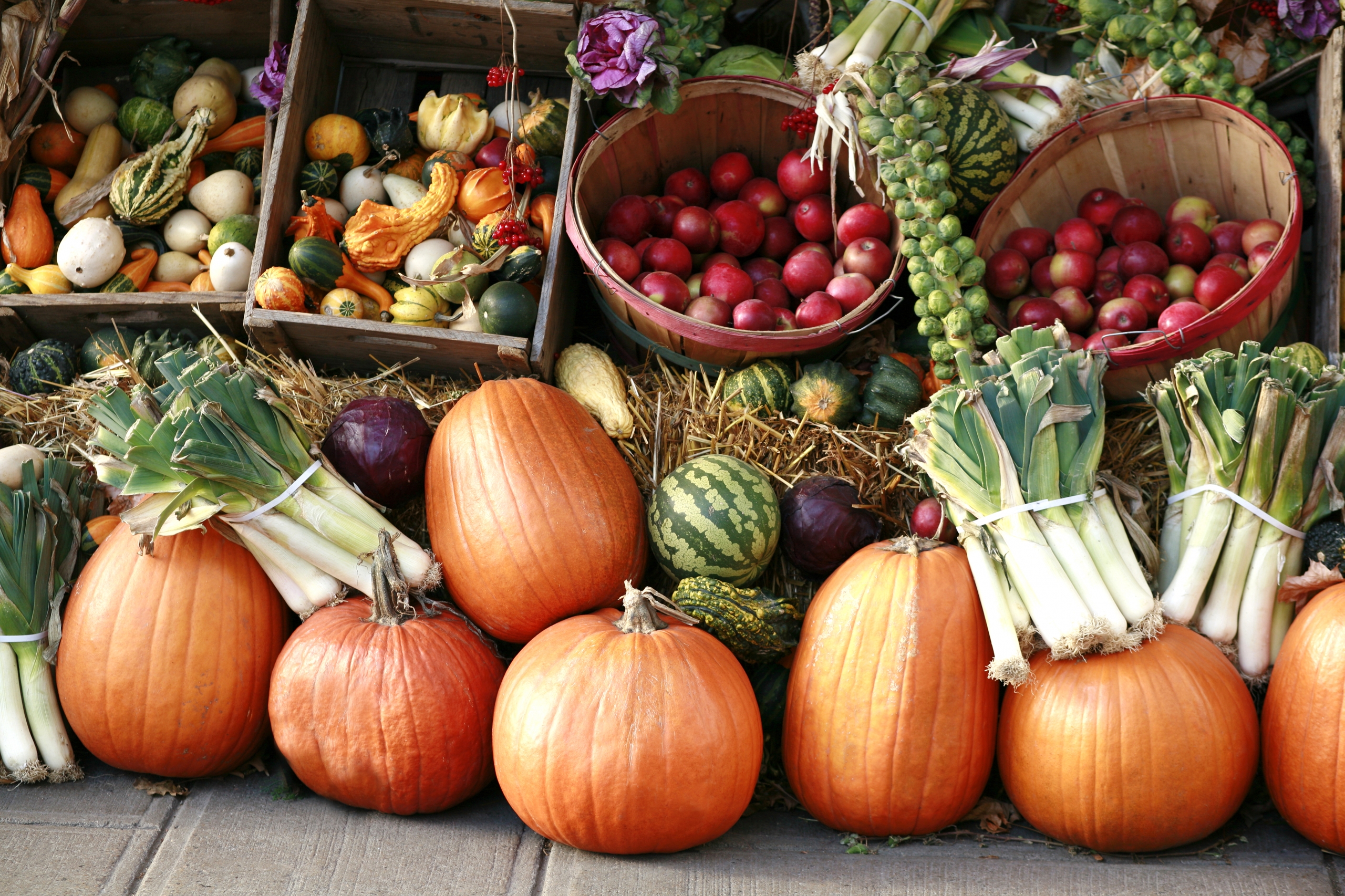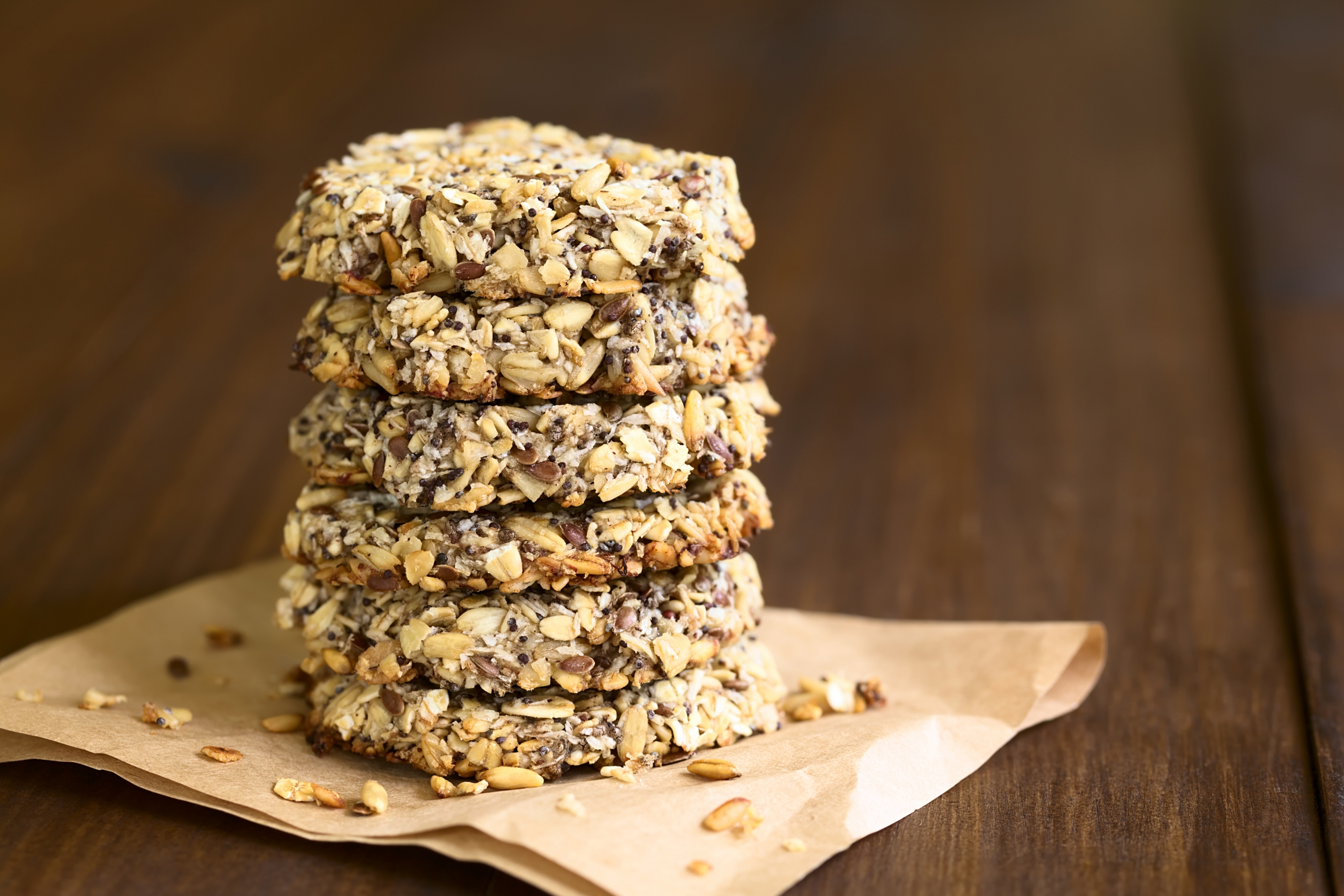
The Best Bedtime Snacks
What we eat in the evening can impact our quality of sleep by influencing the production of serotonin, one of the key chemical messengers (neurotransmitter) involved in sleep. If you eat dinner late, a bedtime snack may be unnecessary, but if dinner happened at 5 or 6pm, then it is common to feel a little hunger around 8 or 9pm and it can be harder to fall asleep if your tummy is growling. This is different than mindlessly grazing while watching t.v., which research shows can lead to unnecessary weight gain. Be intentional with a bedtime snack by consuming it 2 to 3 hours after dinner and prioritize serotonin-supporting foods:
- Complex carbohydrates—if choosing a carbohydrate snack, prioritize whole grain foods and fruit. Simple carbohydrates as found in refined grains and sweet treats can reduce serotonin levels and impact sleep, not to mention quickly raise blood sugar levels and then drop them even further.
- Lean proteins—we’ve all heard about tryptophan in turkey causing the sleepy feeling after Thanksgiving dinner. Tryptophan is an amino acid, one of the building blocks of protein, and it’s found in many protein foods, including lower-fat dairy. The glass of warm milk your mom always suggested actually will help you fall asleep! But some plain yogurt or lower-fat cheese could work too.
- Heart-healthy fats—like those found in peanut butter and other nuts and seeds are a great choice before bed. Spread natural nut butter (without added sugar or other fats) on an apple or banana, or have a handful of nuts with some raisins or a couple of dates.
- Herbal tea—a warm beverage can be very soothing before bed. Try chamomile, peppermint or our Hug in a Mug recipe. And be sure to avoid any caffeine-containing beverages after 1 or 2pm.
Recipe by Nicole Fetterly, RD




